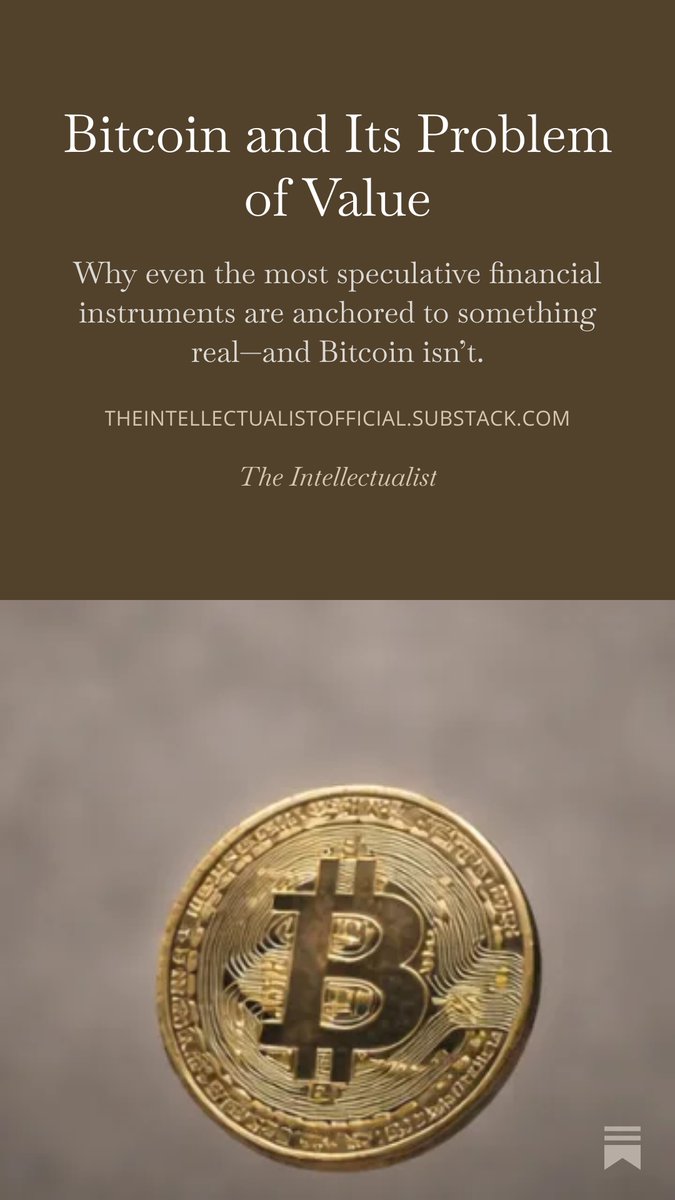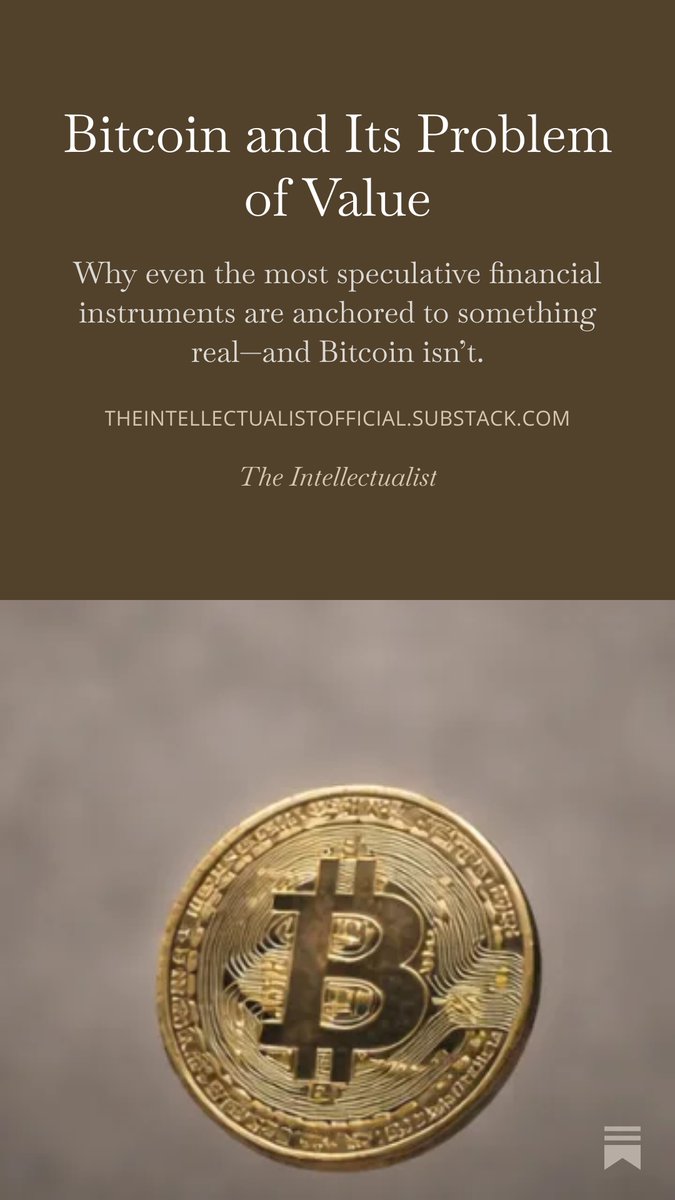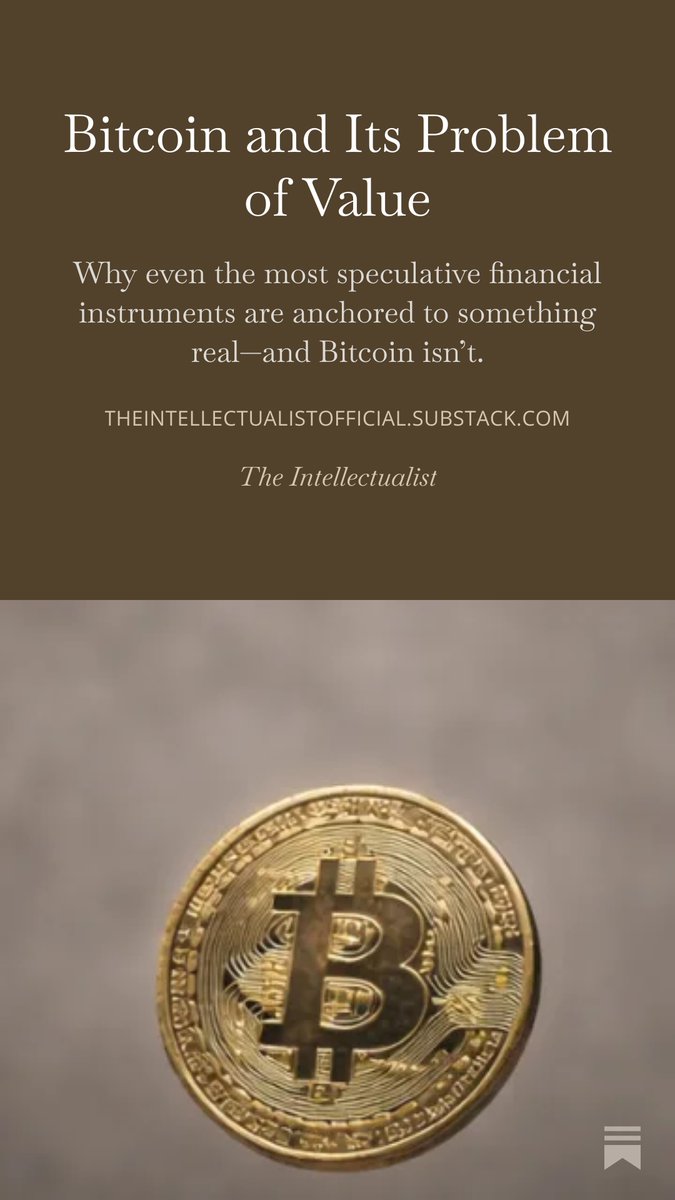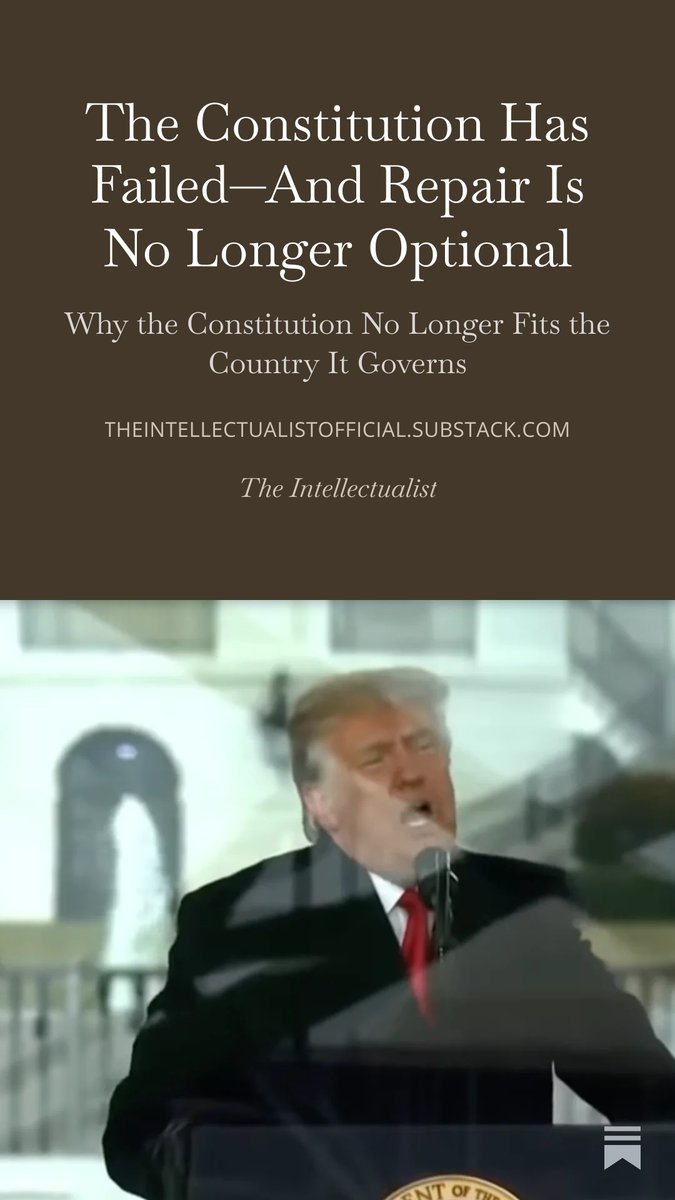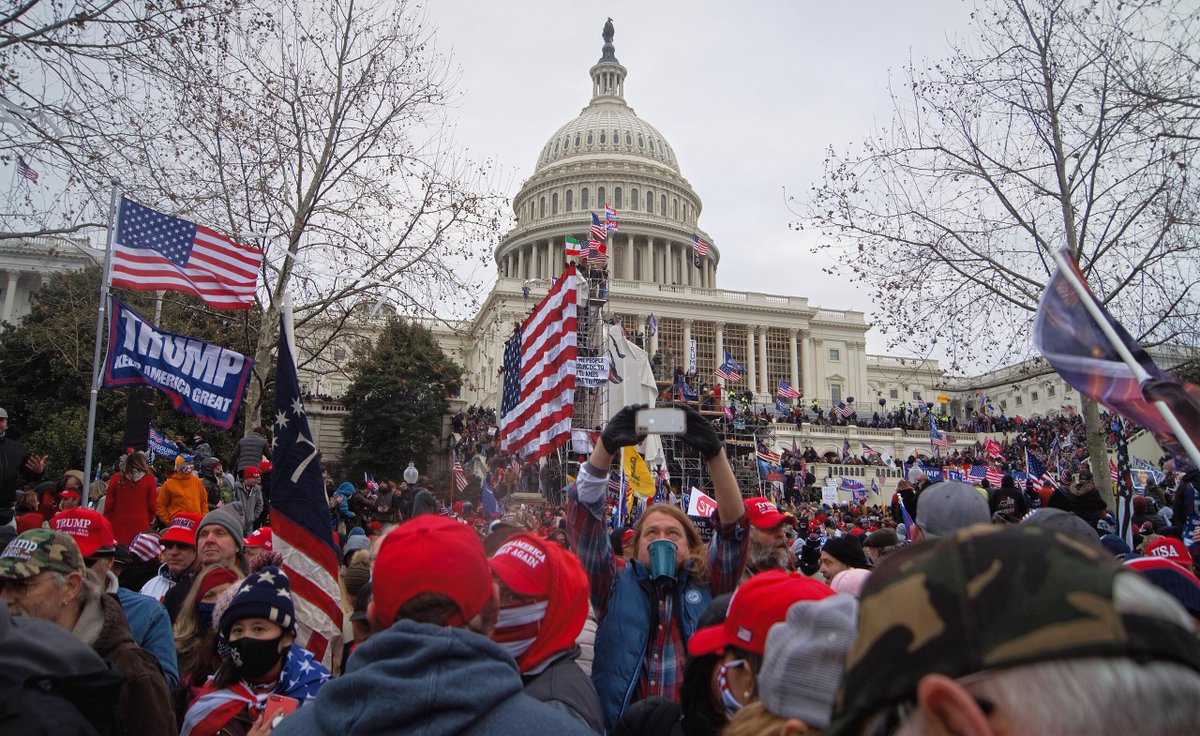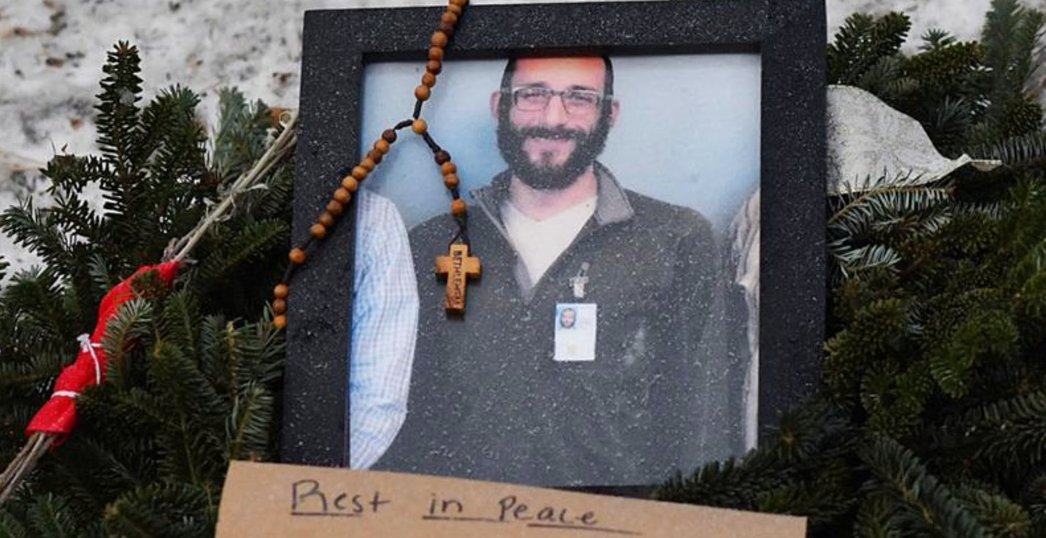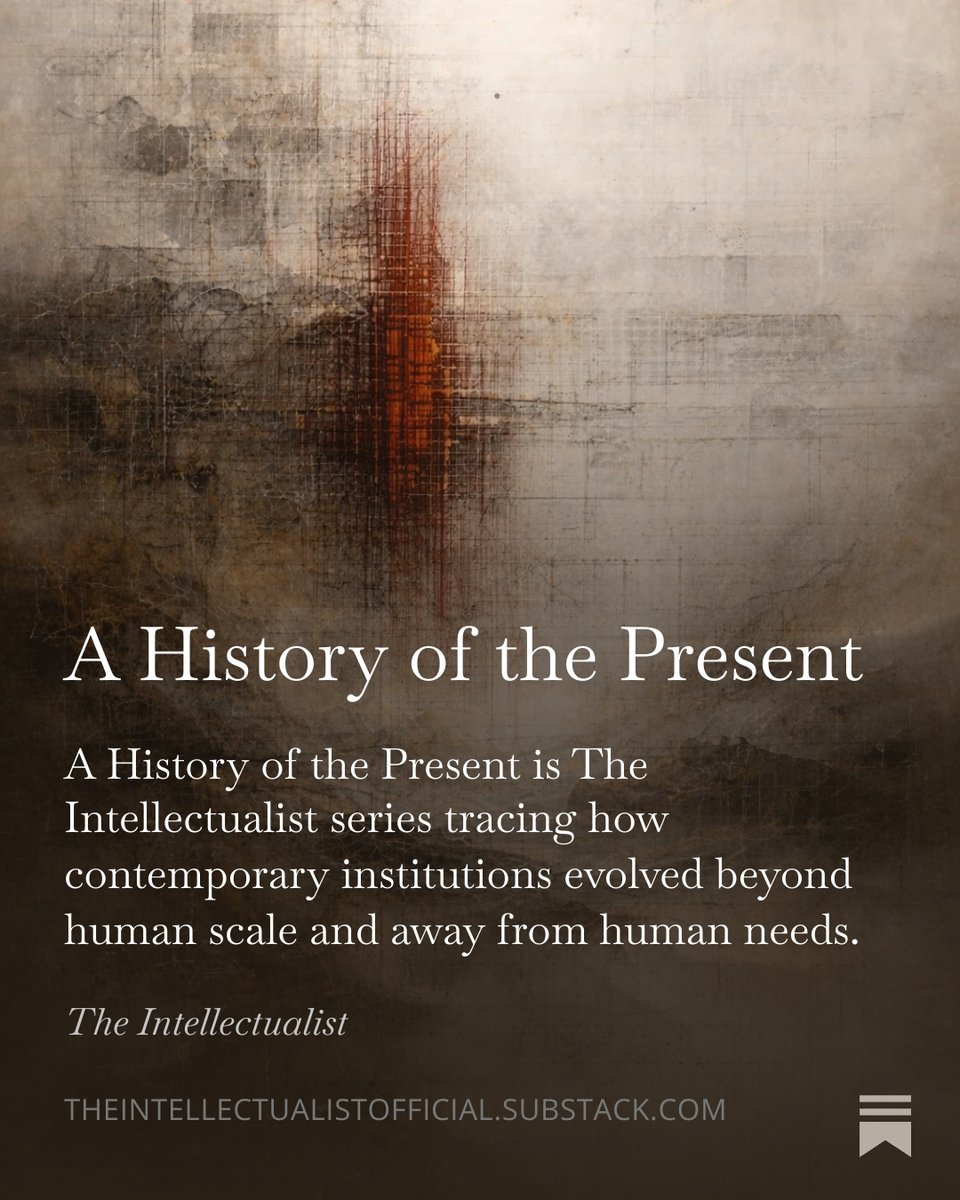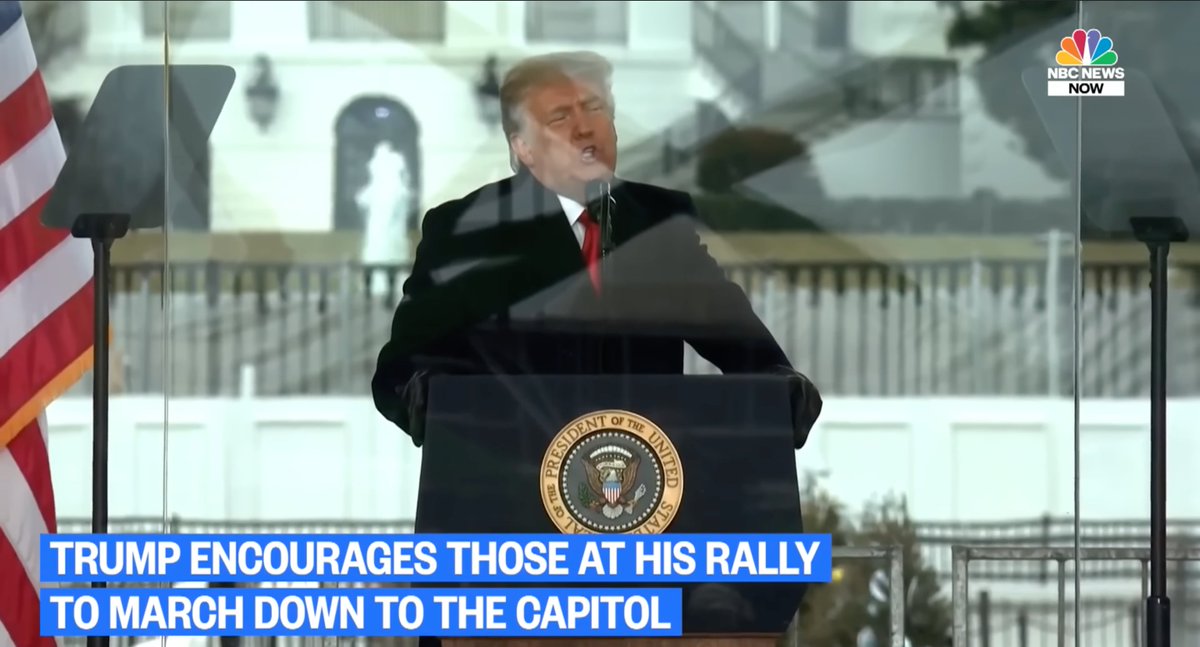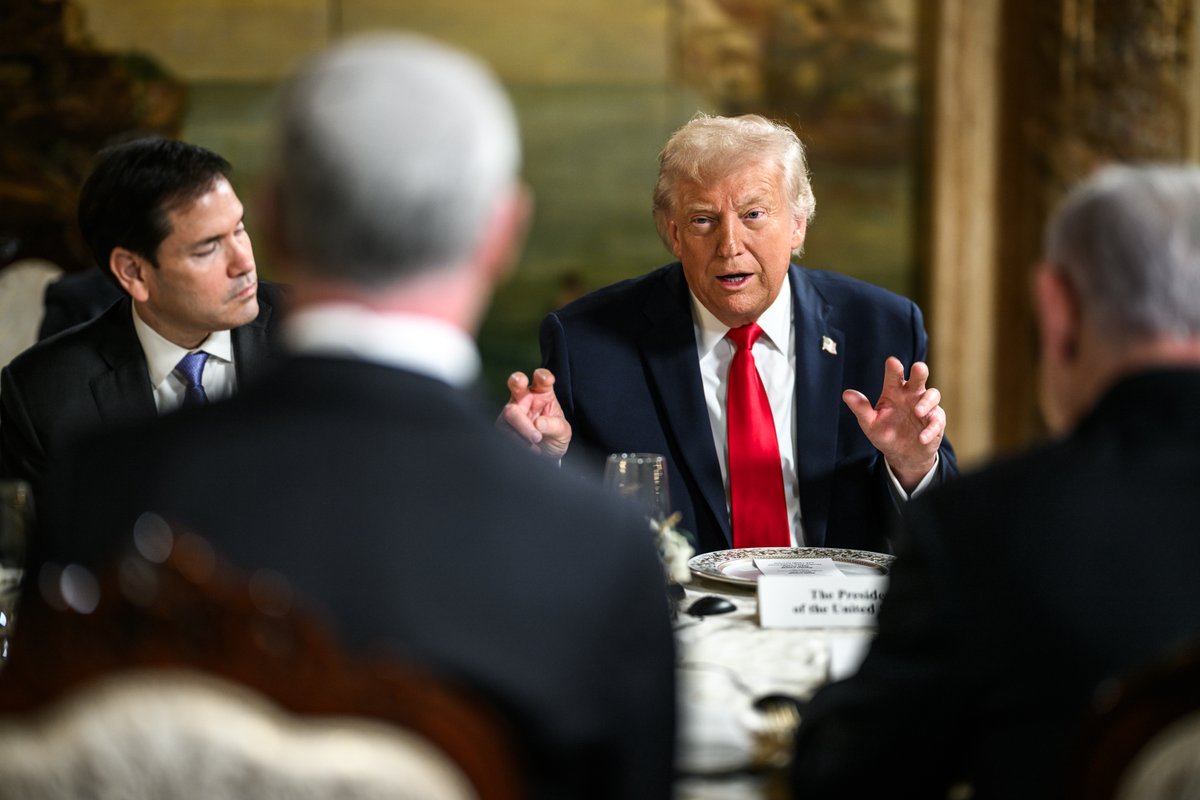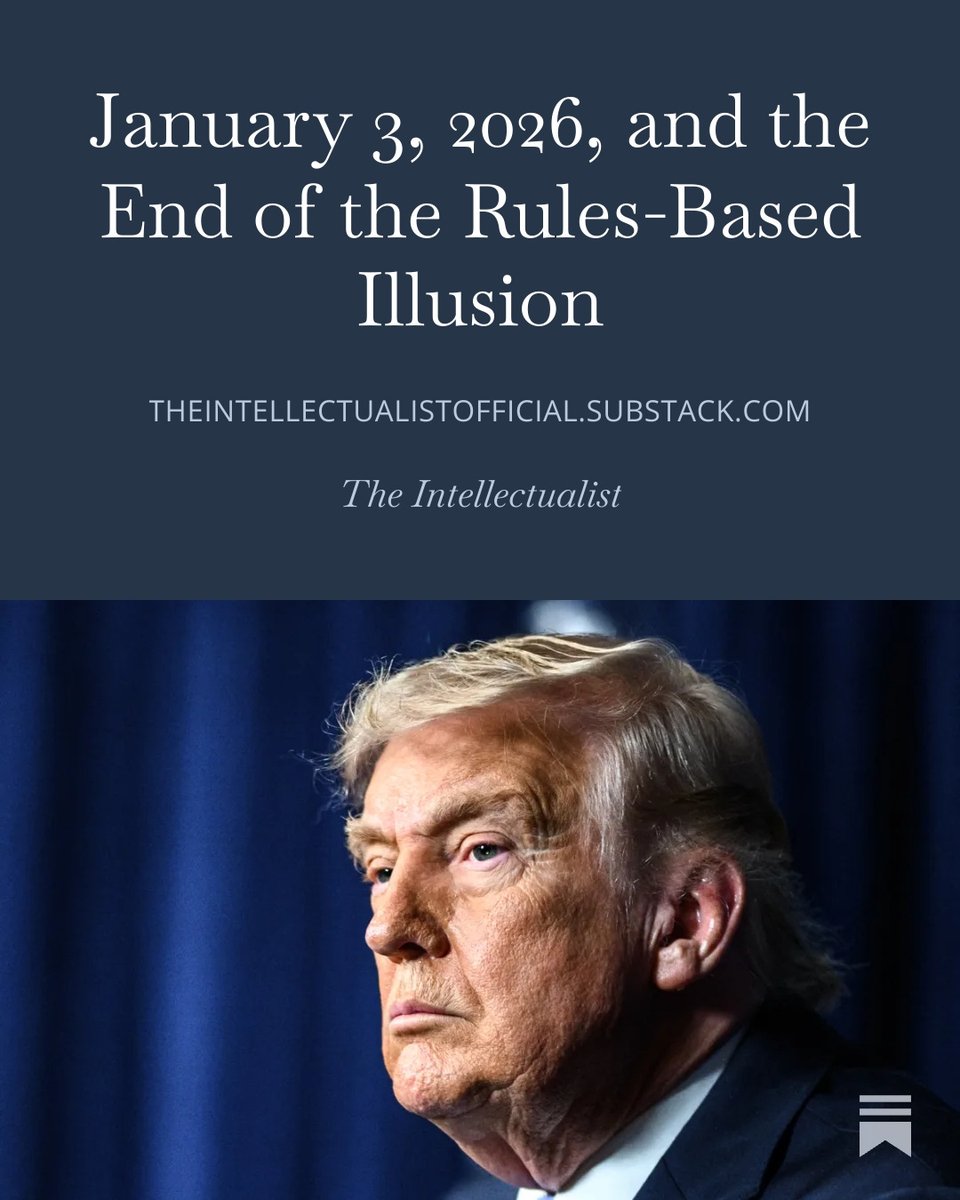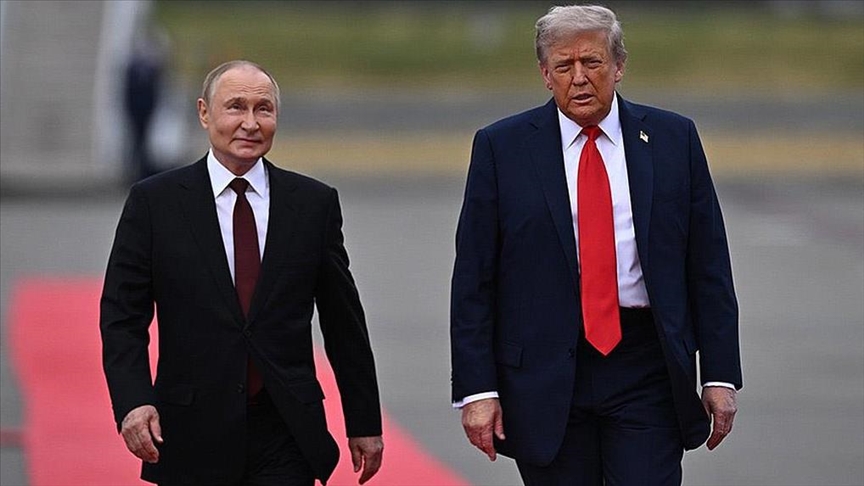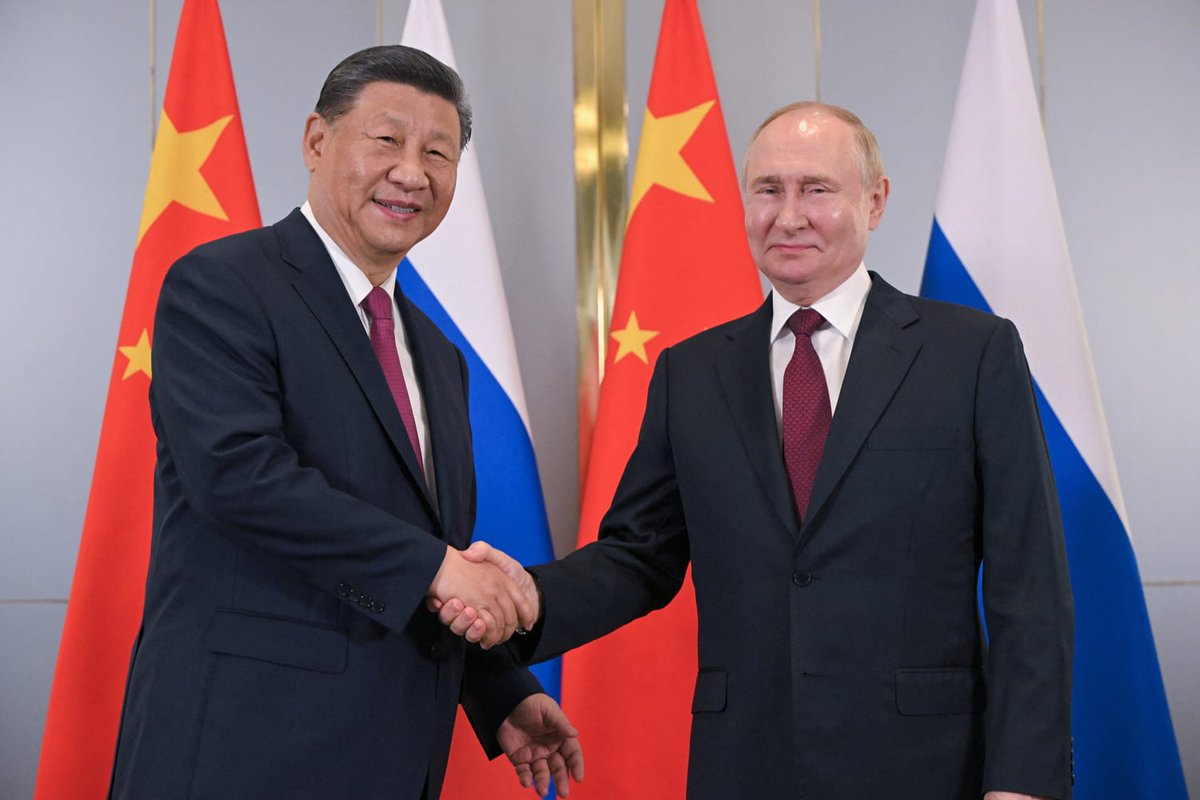Loyalty or Ruin: How Trump Brought America's Oligarchs to Submission
🧵1/8: The transformation of the United States into a personalist, autocratic, and kleptocratic regime is no longer a possibility—it is happening.
For decades, America’s billionaires bought politicians. Now, they pay tribute out of fear. The system is shifting from influence to submission, where economic power exists at the mercy of Donald Trump.
“Today, an oligarchy is taking shape in America—one of extreme wealth, power, and influence that threatens our democracy, basic rights, and the fair opportunity for everyone to get ahead.”
That was President Joe Biden’s final address to the nation on January 15, 2025—a warning that, in retrospect, carries the same weight as Dwight D. Eisenhower’s 1961 farewell speech, where he cautioned that the unchecked power of the military-industrial complex would corrupt democracy.
Eisenhower’s fear was corporate dominance.
Biden’s fear was something darker.
This is not just oligarchy—it is subjugation.
This is something new in America. But familiar to those who have studied the rise of Vladimir Putin.
theintellectualist.com/americas-trans…
🧵1/8: The transformation of the United States into a personalist, autocratic, and kleptocratic regime is no longer a possibility—it is happening.
For decades, America’s billionaires bought politicians. Now, they pay tribute out of fear. The system is shifting from influence to submission, where economic power exists at the mercy of Donald Trump.
“Today, an oligarchy is taking shape in America—one of extreme wealth, power, and influence that threatens our democracy, basic rights, and the fair opportunity for everyone to get ahead.”
That was President Joe Biden’s final address to the nation on January 15, 2025—a warning that, in retrospect, carries the same weight as Dwight D. Eisenhower’s 1961 farewell speech, where he cautioned that the unchecked power of the military-industrial complex would corrupt democracy.
Eisenhower’s fear was corporate dominance.
Biden’s fear was something darker.
This is not just oligarchy—it is subjugation.
This is something new in America. But familiar to those who have studied the rise of Vladimir Putin.
theintellectualist.com/americas-trans…

2/8: In 1990s Russia, oligarchs bought elections.
A handful of billionaires rescued Boris Yeltsin’s failing 1996 campaign, flooding it with cash despite his unpopularity. In return, they seized control of Russia’s wealth—oil, gas, metals, and media.
They believed they had mastered the system.
Then, Vladimir Putin came to power.
He made it clear: your wealth is not your own—it exists at my discretion.
Some oligarchs resisted. Mikhail Khodorkovsky, once Russia’s richest man, tried to challenge Putin.
He was arrested in 2003, his assets seized, his name erased. The others got the message. They could keep their fortunes—but only if they played along. They had to pay up—or be destroyed.
Trump is actively creating the same system in the United States.
For decades, America’s billionaires shaped policy through campaign donations, lobbying, and influence networks. It was corrupt, but predictable.
You paid for access, and you got something in return—lower taxes, deregulation, government contracts.
That world is gone.
theintellectualist.com/americas-trans…
A handful of billionaires rescued Boris Yeltsin’s failing 1996 campaign, flooding it with cash despite his unpopularity. In return, they seized control of Russia’s wealth—oil, gas, metals, and media.
They believed they had mastered the system.
Then, Vladimir Putin came to power.
He made it clear: your wealth is not your own—it exists at my discretion.
Some oligarchs resisted. Mikhail Khodorkovsky, once Russia’s richest man, tried to challenge Putin.
He was arrested in 2003, his assets seized, his name erased. The others got the message. They could keep their fortunes—but only if they played along. They had to pay up—or be destroyed.
Trump is actively creating the same system in the United States.
For decades, America’s billionaires shaped policy through campaign donations, lobbying, and influence networks. It was corrupt, but predictable.
You paid for access, and you got something in return—lower taxes, deregulation, government contracts.
That world is gone.
theintellectualist.com/americas-trans…

3/8: Now, the price of admission is not just money. It is obedience, servility, and fear.
The billionaire class has taken notice. They are not only funding Trump to advance their interests.
They are funding him because they fear what happens if they don’t.
This is “plata o plomo”—silver or lead.
If you pay up, you thrive. Your business secures government contracts. Your wealth remains untouched. You receive regulatory exemptions.
You stand at Trump’s side, permitted to exist as a “trusted” oligarch.
If you refuse, the full weight of the state crashes down. Your company faces endless investigations.
Your competitors mysteriously receive lucrative government deals.
The DOJ, now stacked with Trump loyalists, probes you for corruption. Regulations that once did not apply are suddenly enforced, and contracts that once seemed guaranteed are revoked.
Trump does not need new laws to punish disobedience. He has the power of selective enforcement.
The rules exist—but they only apply to those who have fallen out of favor.
The Washington Post, owned by Jeff Bezos, suddenly refrained from endorsing Kamala Harris in the 2024 election.
There was no official order from Trump. No explicit demand. Just the quiet understanding that to remain in favor—to keep his government contracts intact—Bezos had to comply.
Then came the tribute.
Bezos funneled $40 million into a book-to-film deal for Melania Trump. Not technically a campaign contribution—but protection money.
Elon Musk donated at least $260 million to Trump’s campaign.
In return, Trump created a new federal agency, the Department of Government Efficiency (DOGE), giving Musk veto power over congressionally approved spending.
The rules are simple.
Obey, and you keep your wealth. Resist, or you may be crushed.
theintellectualist.com/americas-trans…
The billionaire class has taken notice. They are not only funding Trump to advance their interests.
They are funding him because they fear what happens if they don’t.
This is “plata o plomo”—silver or lead.
If you pay up, you thrive. Your business secures government contracts. Your wealth remains untouched. You receive regulatory exemptions.
You stand at Trump’s side, permitted to exist as a “trusted” oligarch.
If you refuse, the full weight of the state crashes down. Your company faces endless investigations.
Your competitors mysteriously receive lucrative government deals.
The DOJ, now stacked with Trump loyalists, probes you for corruption. Regulations that once did not apply are suddenly enforced, and contracts that once seemed guaranteed are revoked.
Trump does not need new laws to punish disobedience. He has the power of selective enforcement.
The rules exist—but they only apply to those who have fallen out of favor.
The Washington Post, owned by Jeff Bezos, suddenly refrained from endorsing Kamala Harris in the 2024 election.
There was no official order from Trump. No explicit demand. Just the quiet understanding that to remain in favor—to keep his government contracts intact—Bezos had to comply.
Then came the tribute.
Bezos funneled $40 million into a book-to-film deal for Melania Trump. Not technically a campaign contribution—but protection money.
Elon Musk donated at least $260 million to Trump’s campaign.
In return, Trump created a new federal agency, the Department of Government Efficiency (DOGE), giving Musk veto power over congressionally approved spending.
The rules are simple.
Obey, and you keep your wealth. Resist, or you may be crushed.
theintellectualist.com/americas-trans…

4/8: The United States is no longer an democracy in the traditional sense.
It is transforming into something resembling a mafia state.
Russia’s autocracy was cemented when Khodorkovsky was arrested in 2003. That was the moment Russia’s billionaire class realized: they were no longer kingmakers. They were pawns.
That moment is coming for America.
One billionaire will cross the line. One corporation will resist.
And when that moment comes, Trump will act. Not just to destroy them, but to send a message to everyone else.
Congress has already submitted. The Supreme Court has legitimized autocracy. The DOJ, FBI, and intelligence agencies are now controlled by loyalists.
The institutions have collapsed. The price of defiance is clear. The billionaires already understand the game.
But there is one final question:
Which billionaire will be America’s Khodorkovsky?
And when that moment comes…
Will America finally wake up?
Or will it, too, realize the truth only when it is too late?
theintellectualist.com/americas-trans…
It is transforming into something resembling a mafia state.
Russia’s autocracy was cemented when Khodorkovsky was arrested in 2003. That was the moment Russia’s billionaire class realized: they were no longer kingmakers. They were pawns.
That moment is coming for America.
One billionaire will cross the line. One corporation will resist.
And when that moment comes, Trump will act. Not just to destroy them, but to send a message to everyone else.
Congress has already submitted. The Supreme Court has legitimized autocracy. The DOJ, FBI, and intelligence agencies are now controlled by loyalists.
The institutions have collapsed. The price of defiance is clear. The billionaires already understand the game.
But there is one final question:
Which billionaire will be America’s Khodorkovsky?
And when that moment comes…
Will America finally wake up?
Or will it, too, realize the truth only when it is too late?
theintellectualist.com/americas-trans…

5/8: If you’ve ever wanted to support independent media, now is the time.
The Intellectualist aims to build an initial base of 1,000 subscribers, and we still have a long way to go. Your support would make all the difference in allowing us to continue.
buymeacoffee.com/theintellectua…
The Intellectualist aims to build an initial base of 1,000 subscribers, and we still have a long way to go. Your support would make all the difference in allowing us to continue.
buymeacoffee.com/theintellectua…
Loyalty or Ruin: How Trump Brought America's Oligarchs to Heel
6/8: 🚨In this video, we review how Trump’s second administration eerily mirrors Putin’s early reign in Russia, where he forced oligarchs into submission, turning them from kingmakers into pawns.
6/8: 🚨In this video, we review how Trump’s second administration eerily mirrors Putin’s early reign in Russia, where he forced oligarchs into submission, turning them from kingmakers into pawns.
7/8: Please subscribe to The Intellectualist's new YouTube channel, where we present insightful videos analyzing the current events shaping the world.
Turn on notifications to receive the latest updates from the channel.
youtube.com/@TheIntellectu…
Turn on notifications to receive the latest updates from the channel.
youtube.com/@TheIntellectu…
• • •
Missing some Tweet in this thread? You can try to
force a refresh



